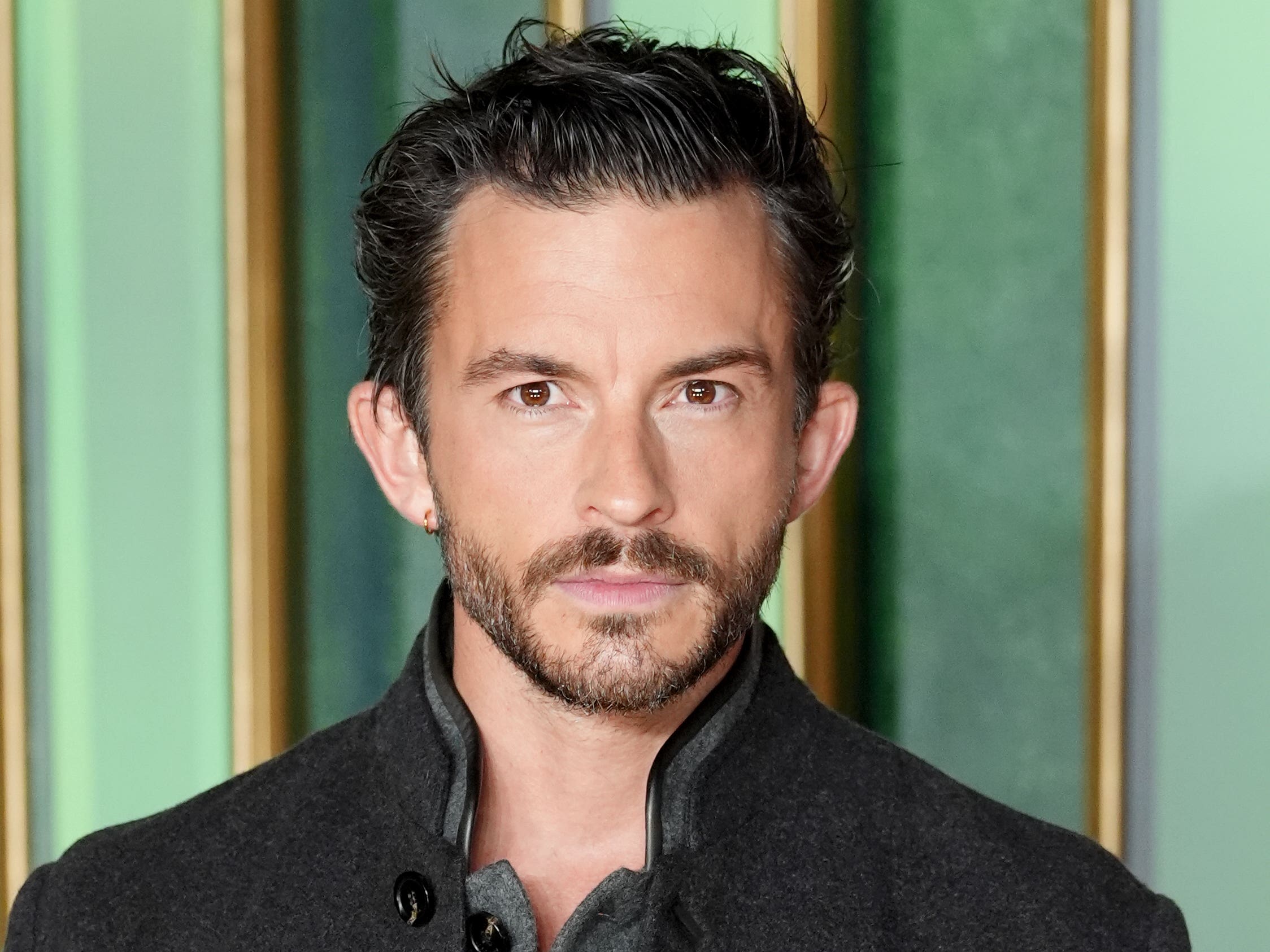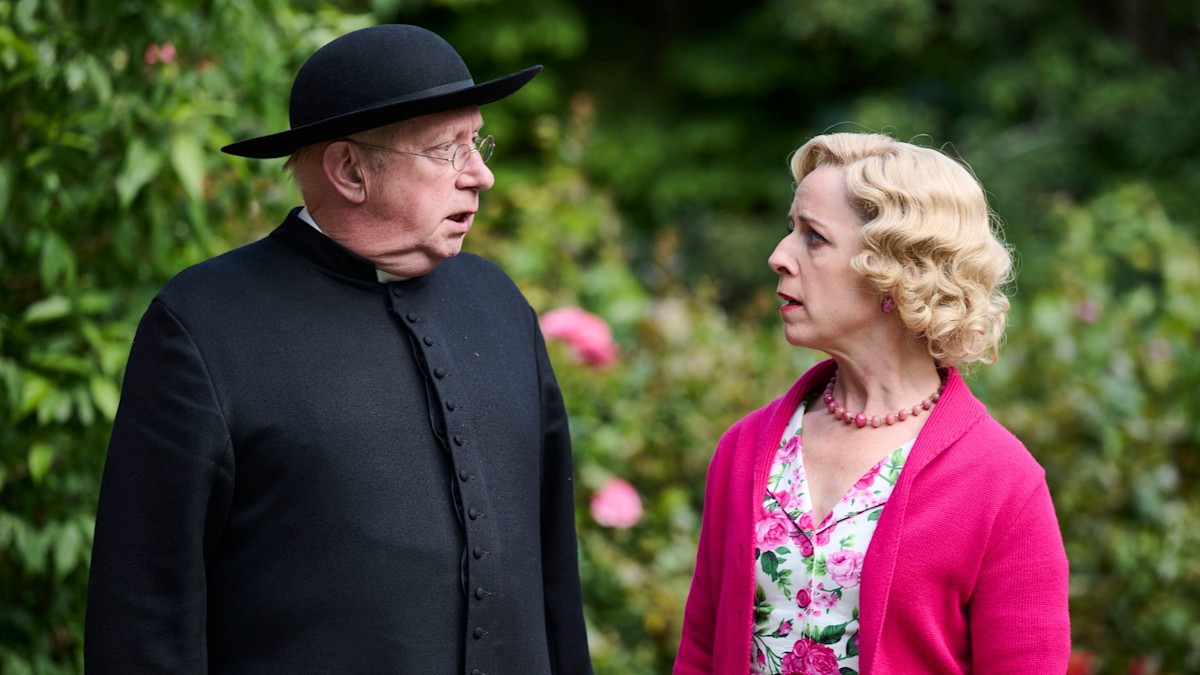Erika Kirk, widow of conservative activist Charlie Kirk, is facing significant criticism for her public appearances following her husband’s death. Observers on social media are questioning her authenticity and accusing her of seeking attention rather than mourning privately. This scrutiny intensified after she made multiple public outings in a short period, prompting some to label her as “fake” and a “horrible actress.”
Public figures have chimed in, with Stew Peters, an American internet personality, expressing his disapproval on X, formerly known as Twitter. He stated, “I don’t want to attack a grieving widow, but that’s just not what we have here. Erika Kirk is simply a horrible actress.” This sentiment reflects a growing consensus among some users who believe that Erika’s behavior is more performative than genuine.
Critics have pointed to specific instances, such as moments during her speech at the inaugural Charlie Kirk Legacy Award at the 2025 Fox Nation Patriot Awards on November 6. Observers noted her repeated dabbing of her eyes, suggesting that her emotional expressions lacked authenticity. One user remarked, “It’s like she’s fake crying in a B-movie drama,” highlighting the disconnect between her public persona and the image of a grieving widow.
Accusations of insincerity have become a recurring theme in discussions surrounding Erika Kirk. Some social media users have taken to posting images of her wiping away what they claim are “non-existent tears,” asserting that she is “playing” the public. Comments such as “Enough with the fake tears!” and “You are ALL being PLAYED by Erika Kirk!” encapsulate the frustration felt by critics.
This ongoing scrutiny raises questions about societal expectations surrounding grief. Many believe Erika’s responses to her husband’s passing do not align with traditional perceptions of mourning. A user pointed out, “People deal with grief differently,” yet Erika’s style of grieving appears to clash with what some consider conventional. Critics argue that her mannerisms and fashion choices further blur the line between genuine mourning and public performance.
The backlash has not only focused on her public appearances but also on her interactions with media personalities. Nadia Asencio, a U.S. Army veteran and author, suggested that Erika’s demeanor during interviews, such as one with Jesse Watters of Fox News, seemed rehearsed. Observers noted her tendency to refer to Charlie in the present tense, which some interpreted as a sign that she was not fully embracing her role as a widow.
Despite the criticism, Erika Kirk continues to make public appearances, seemingly undeterred by the backlash. This has left many wondering whether she will adjust her approach to grieving or maintain her current course. As conversations surrounding grief evolve, her situation exemplifies the complexities of public mourning in the digital age, where every action is subject to scrutiny and interpretation.
The discourse surrounding Erika Kirk serves as a reminder of the varied ways individuals process loss and the societal expectations that often shape public perceptions of grief. As the conversation continues, it remains to be seen how Erika will navigate her role in the spotlight while honoring her late husband’s legacy.







